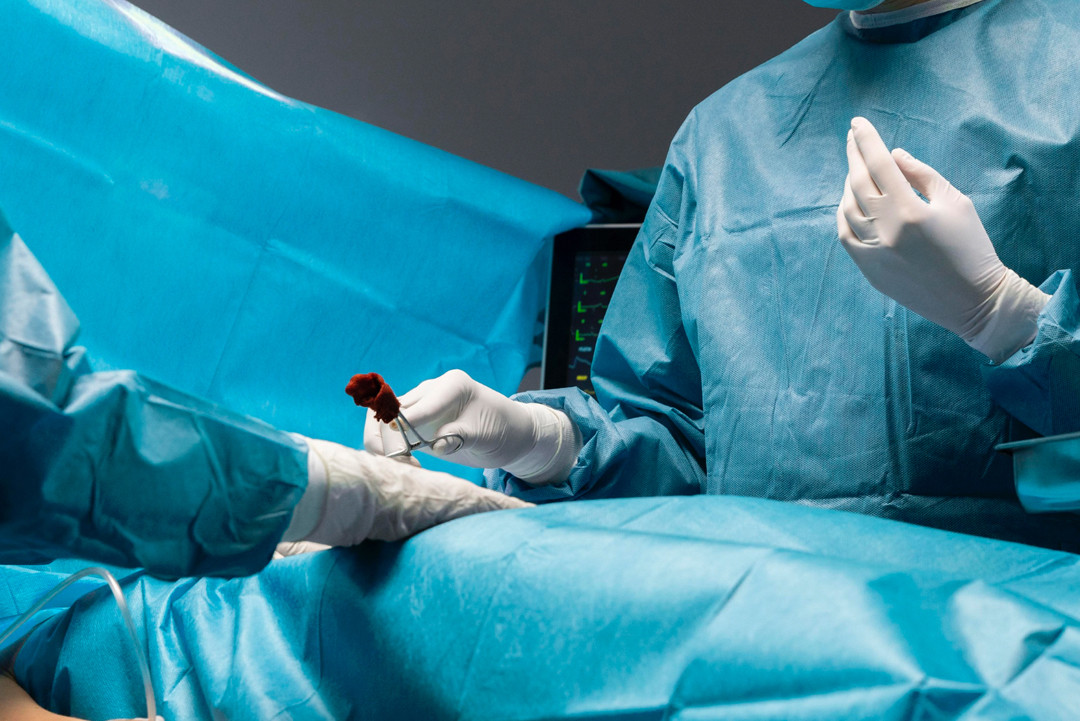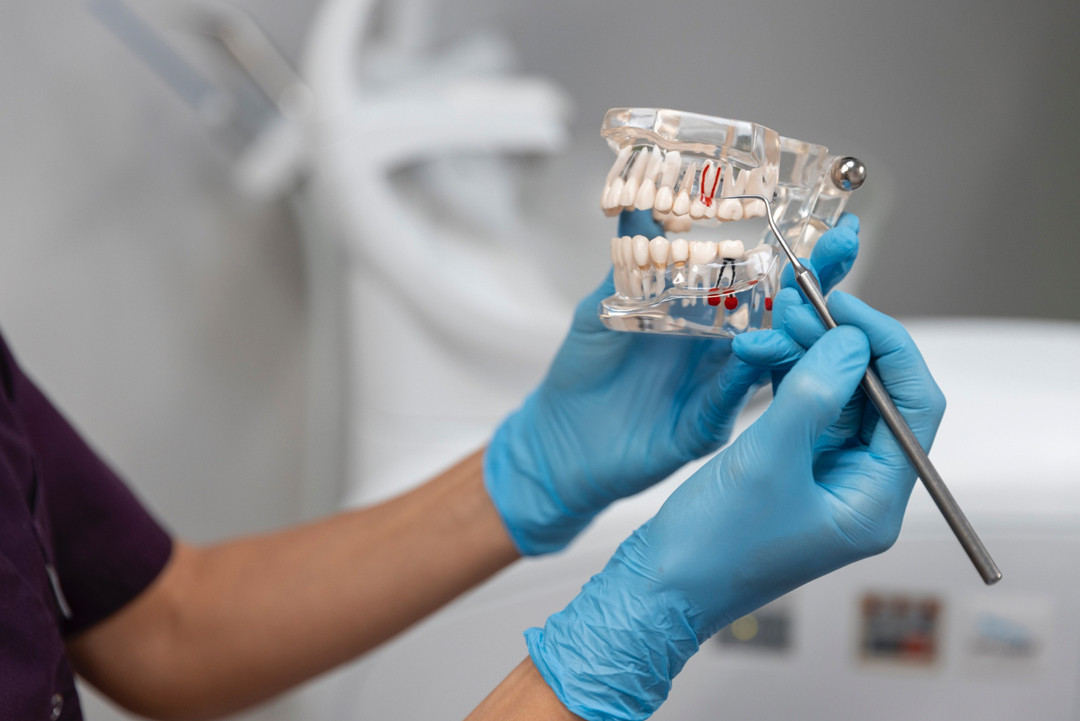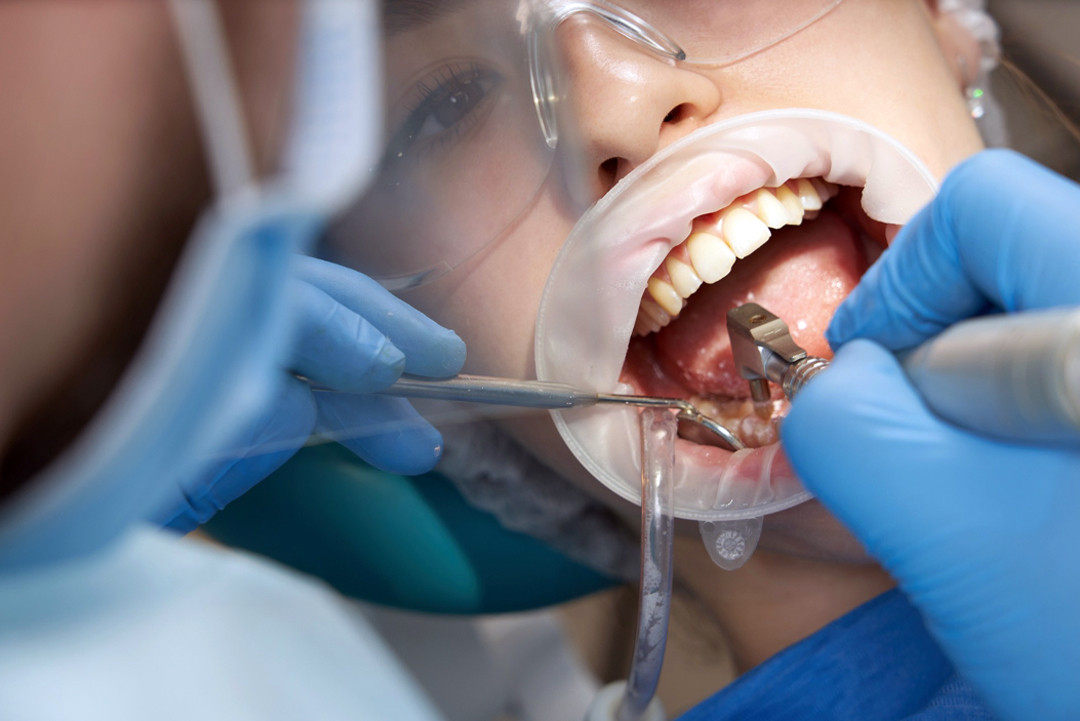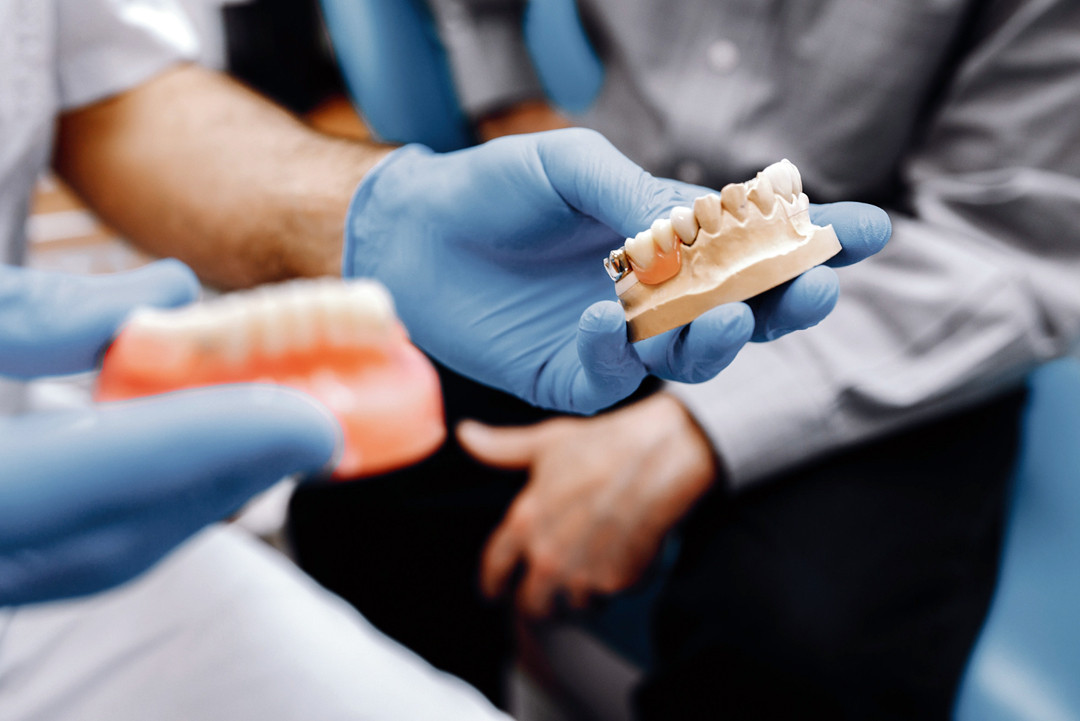Overview of Cardiovascular Surgery
Cardiovascular surgery focuses on treating heart and blood vessel disorders through surgical interventions. It is a highly specialized field requiring six years of medical education and an additional five years of focused training. Cardiovascular diseases, which remain the leading cause of death globally, affect individuals across all age groups. Given their prevalence, cardiovascular surgery departments play a vital role in modern healthcare systems.
Conditions Treated by Cardiovascular Surgery
Cardiovascular surgeons address a range of heart and blood vessel conditions. Treatments are customized based on the type and severity of the disease and the patient’s overall health. Below are some common conditions managed through cardiovascular surgery:
- Coronary Artery Disease: Plaque buildup narrows or blocks arteries supplying blood to the heart, leading to angina or heart attacks. Treatments include coronary artery bypass surgery to reroute blood flow around blockages.
- Heart Valve Disease: Malfunctioning valves disrupt blood flow regulation. Valve repair or replacement surgeries address these issues.
- Heart Attack: Caused by sudden blockage of coronary arteries, cardiovascular surgery procedures like angioplasty or bypass surgery restore blood flow.
- Heart Failure: Conditions like coronary artery disease or high blood pressure may lead to heart failure, treated with valve repair, bypass surgery, or ventricular assist devices.
- Aortic Aneurysm: A weakened and bulging section of the aorta can rupture if untreated. Surgical repair replaces the damaged segment.
- Atrial Fibrillation: An irregular heartbeat is managed with procedures such as the Maze surgery to block abnormal electrical signals.
Types of Cardiovascular Surgeries
Cardiovascular surgeons perform various procedures, including:
Coronary Bypass Surgery
Restores blood flow to heart tissue by bypassing blocked coronary arteries using healthy blood vessels from other body parts. Procedures may use a heart-lung machine or be performed on a beating heart.
Heart Valve Surgery
Repairs or replaces damaged valves to restore proper blood flow. Replacement valves may be mechanical or biological.
Complex Aortic Surgeries
Treats conditions like aortic dissection or aneurysms caused by high pressure or structural issues in the aortic walls.
Pacemaker Implantation
Addresses heart rhythm disorders by inserting devices that regulate electrical conduction.
Ventricular Assist Devices (VAD)
Artificial devices support the heart’s pumping function in patients with end-stage heart failure.
Heart Transplantation
Replaces a failing heart with a donor heart for severe, life-threatening conditions.
Congenital Heart Defects and Pediatric Cardiovascular Surgeries
Congenital heart defects are abnormalities present at birth, affecting normal heart development. Pediatric cardiovascular surgery addresses these issues, including:
- Hypoplastic Left Heart Syndrome: Underdevelopment of the left side of the heart, requiring staged surgical treatment.
- Total Pulmonary Venous Return Anomaly: Incorrect connection of veins bringing blood from the lungs to the heart, corrected through surgery.
- Transposition of the Great Arteries (TGA): The aorta and pulmonary artery are reversed, requiring immediate surgery.
- Tetralogy of Fallot (TOF): Includes four defects, such as ventricular septal defect and pulmonary valve stenosis, corrected through surgery.
- Atrioventricular Septal Defect (ASD): Hole between atria affecting blood flow, requiring surgical closure.
- Ventricular Septal Defect (VSD): Hole between ventricles impacting heart function, treated surgically.
Specialized Procedures in Cardiovascular Surgery
Advanced techniques and equipment have enabled cardiovascular surgeons to perform complex operations effectively, such as:
- Cardiothoracic Surgery: Addresses conditions involving the heart, lungs, esophagus, and chest wall, including heart transplants and lung surgeries.
- Pericardium Surgeries: Removes thickened membranes that hinder heart function.
- Extracorporeal Membrane Oxygenation (ECMO): Provides life support for heart and lung failure by taking over their functions temporarily.
Why Cardiovascular Surgery is Essential
Cardiovascular surgery is crucial for managing life-threatening heart and blood vessel diseases. Advances in surgical techniques and technology have significantly improved outcomes and reduced risks, offering new hope to patients worldwide. Whether addressing congenital conditions or acquired heart diseases, cardiovascular surgery plays a transformative role in saving lives and improving quality of life.


















